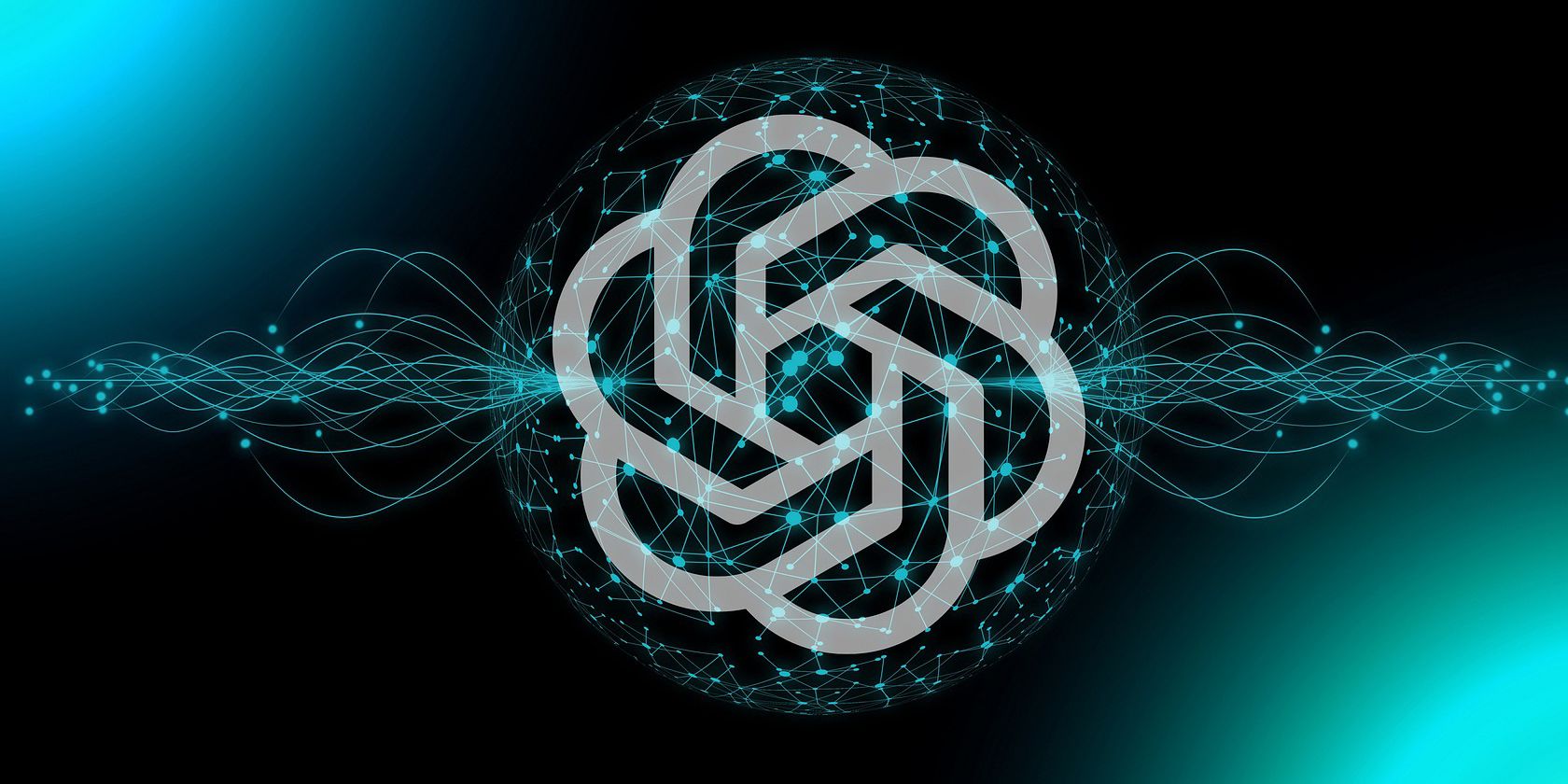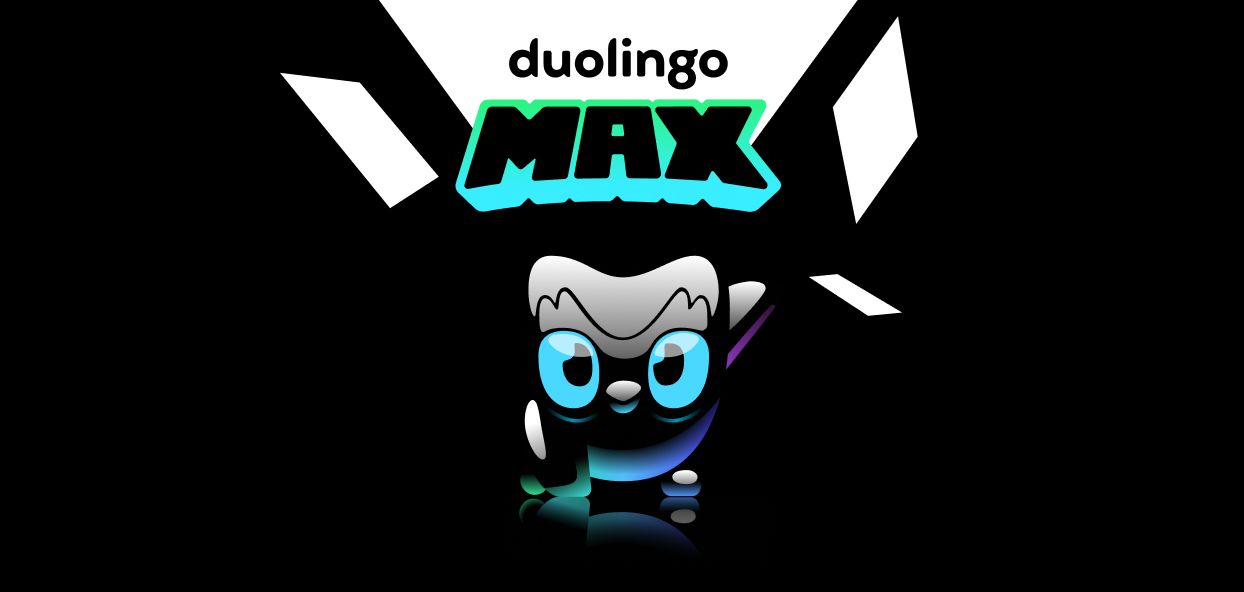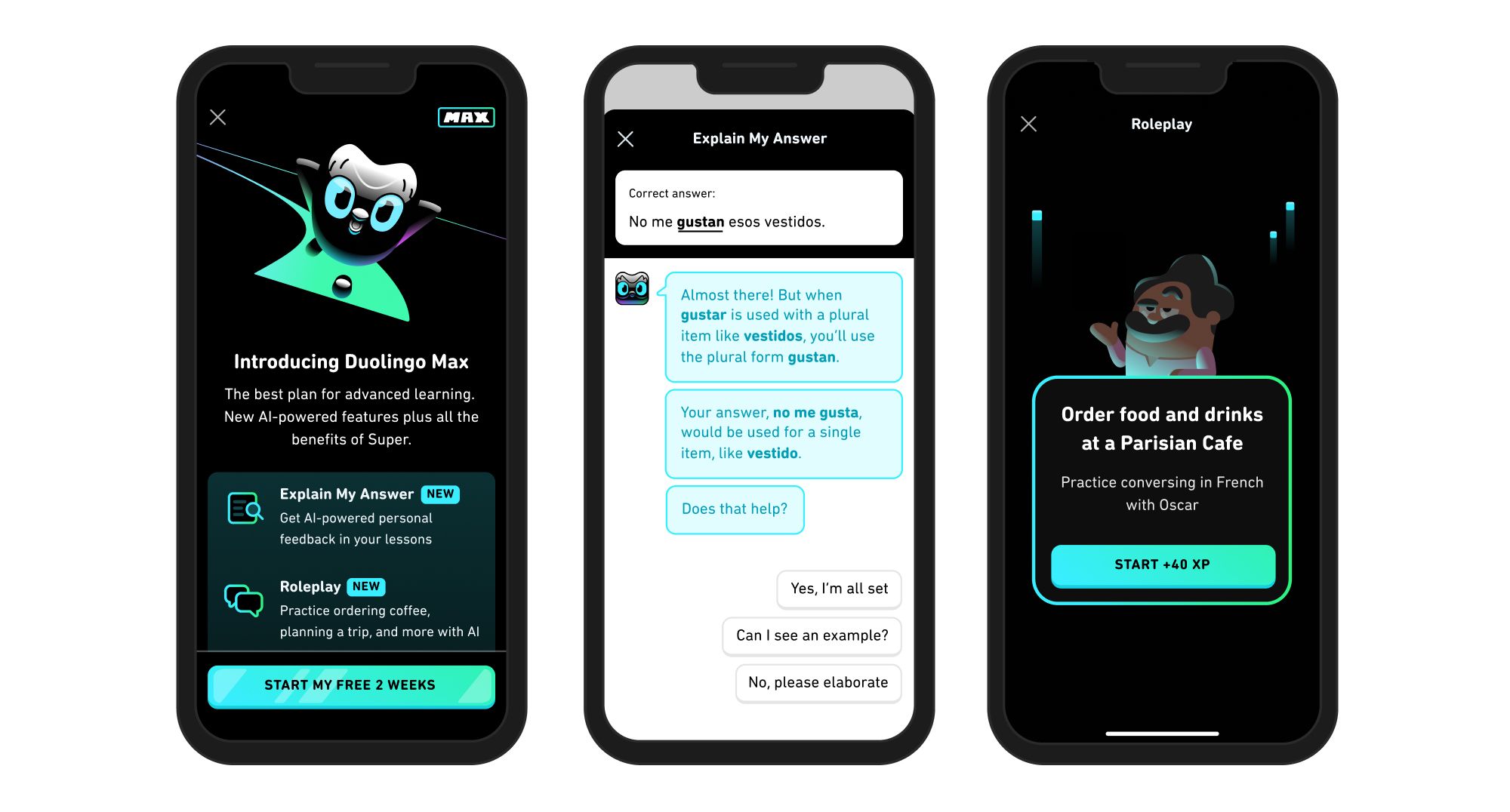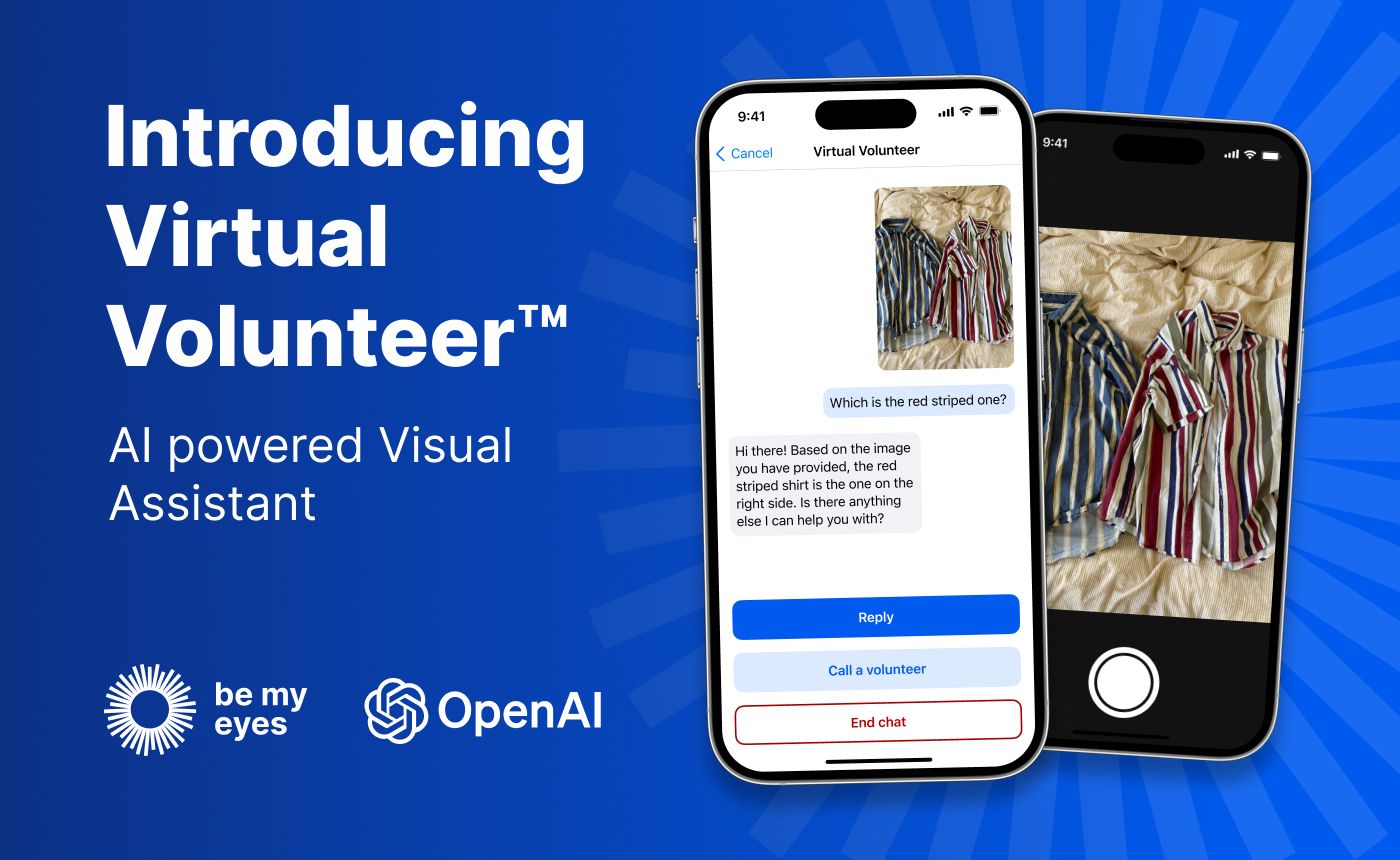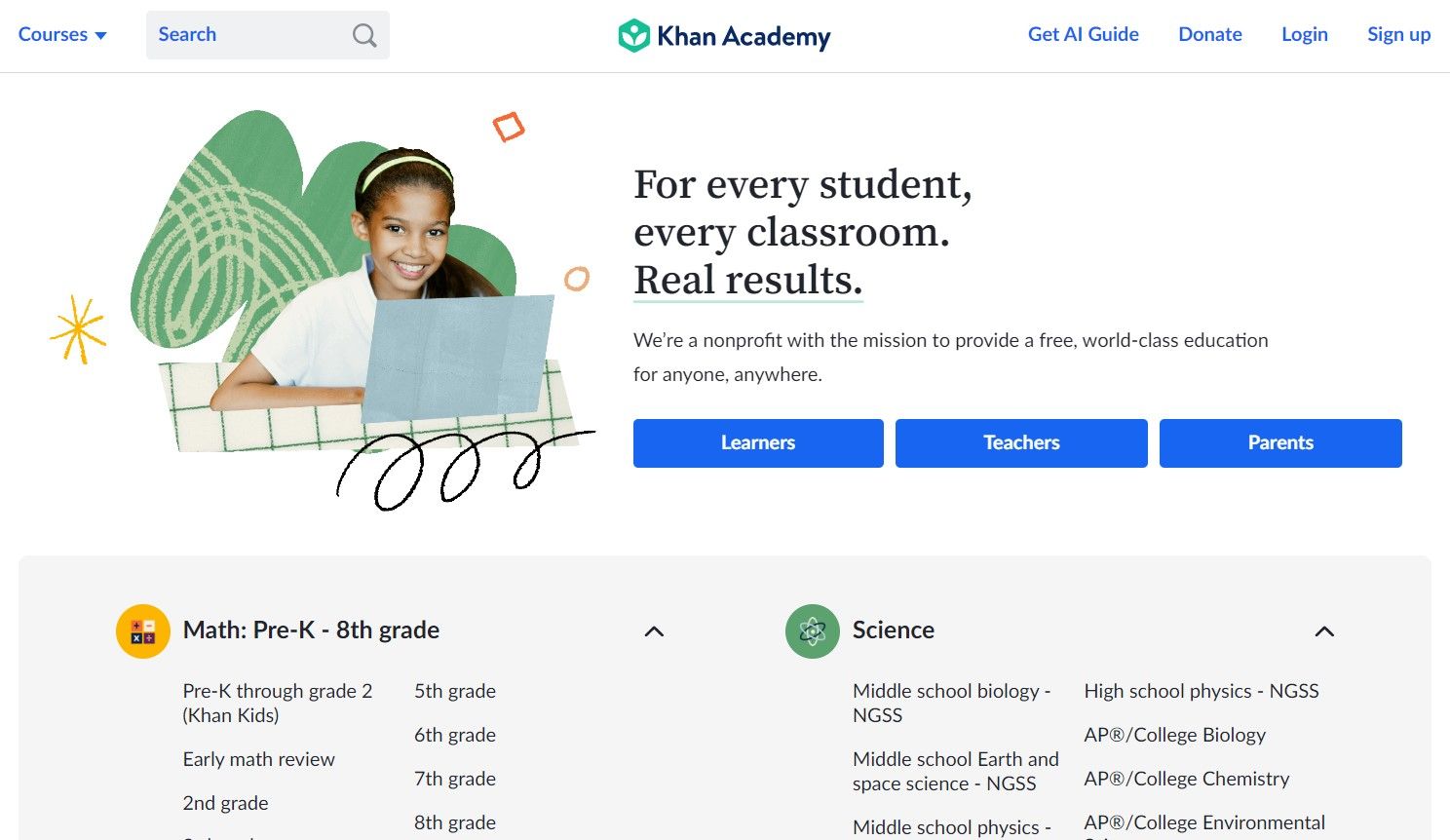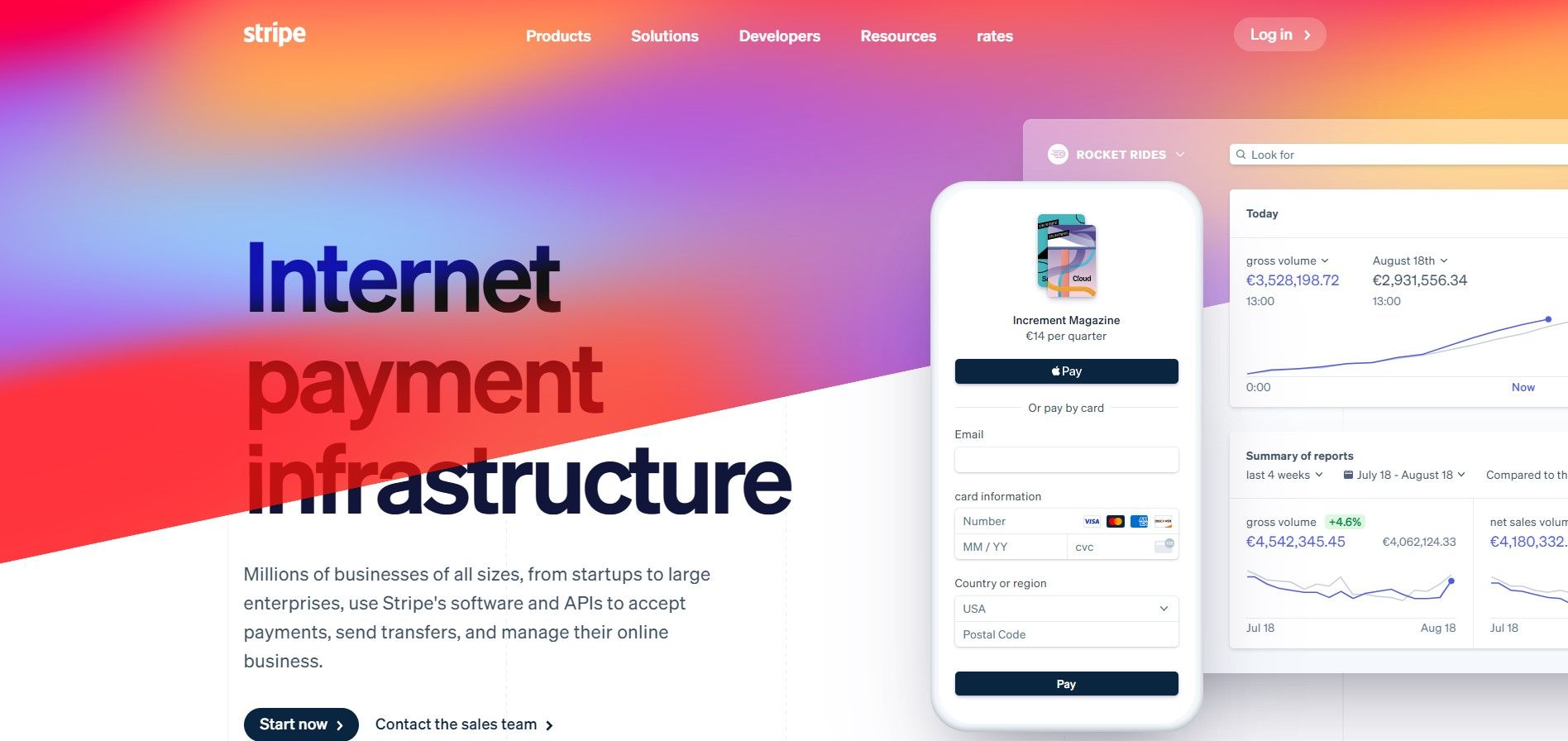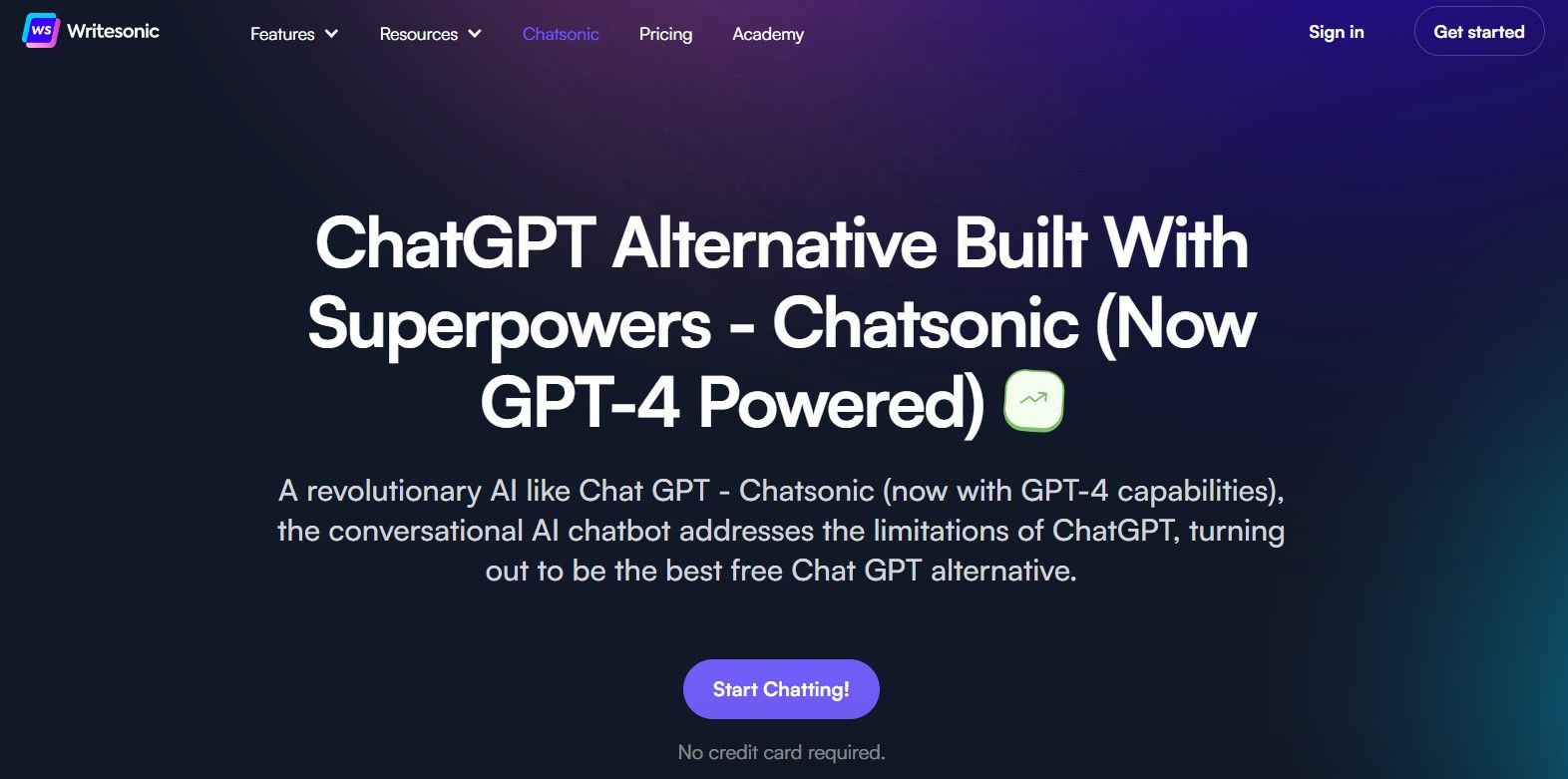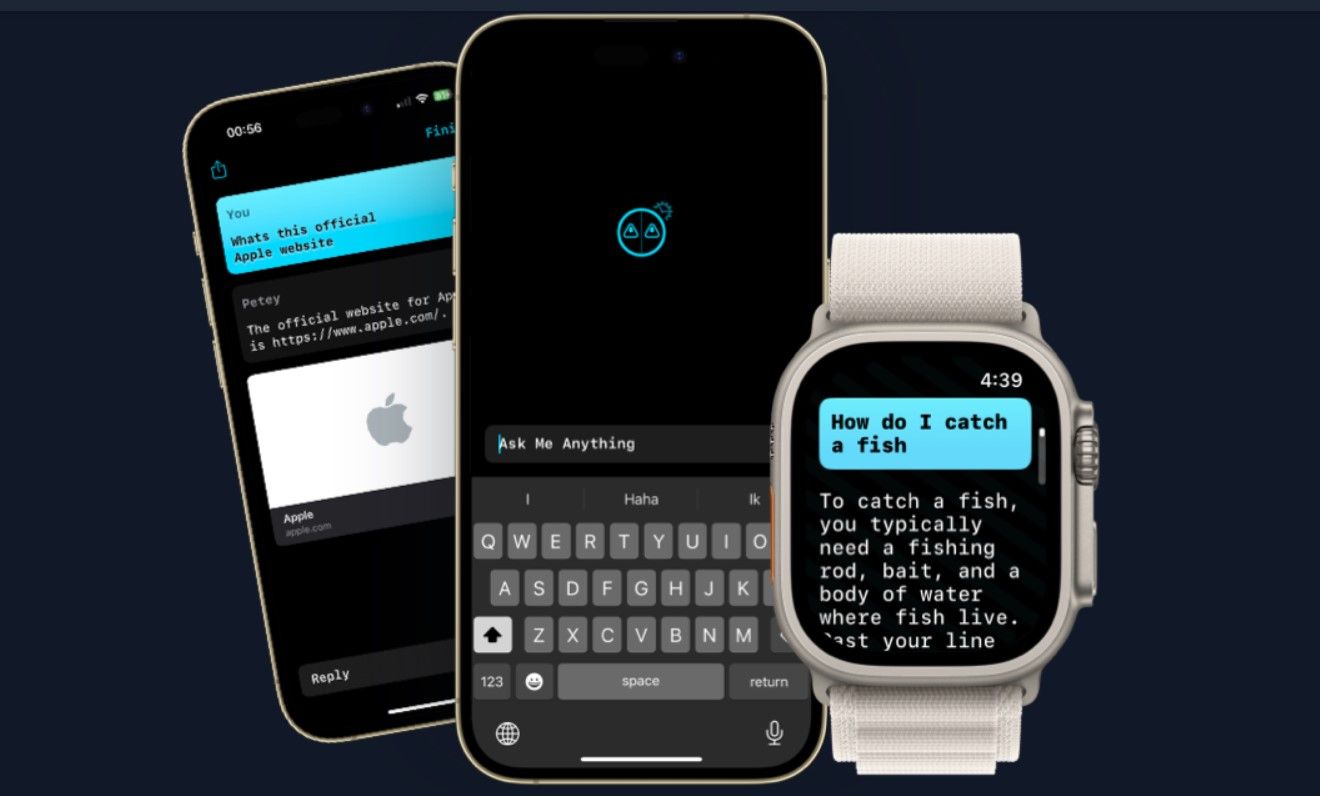GPT-4 is here, and the rush to integrate it into apps has begun.
With GPT-3.5 taking the world by storm, the hype around what the new version will bring to the table is massive. For example, the ability for GPT-4 to process images is a big step up, and improved language skills and comprehension are also impressive.
These updates, among others, have seen companies rush to integrate GPT-4 into their apps and services. So, let's look at the first apps to take advantage of GPT-4.
1. Duolingo
There are plenty of language learning apps to choose from, and developers are always looking for innovative ways to improve their products. Duolingo's early uptake of GPT-4 allowed them to roll out a new app called Duolingo Max, which brings two new GPT-4 enabled features.
- Explain My Answer: Duolingo describes this feature as being similar to a teacher giving a simple explanation as to why an answer was right or wrong.
- Roleplay Feature: The roleplay feature is designed to allow students to practice real-life conversations with characters from the app. The examples cited by Duolingo include discussing vacation plans, ordering coffee in Parisian cafés, or going furniture shopping.
GPT-4 is being used to create a reactive and responsive learning environment where no two conversations are alike. The first version is restricted to English speakers wanting to learn Spanish or French and is available only on iOS. Duolingo Max is priced at $29.99 monthly or $167.99 for an annual subscription.
2. Be My Eyes
The use of AI in our lives has been the source of many heated discussions. However, there are some areas where there can be little argument that AI has a positive effect. Be My Eyes is one such example. The app is designed to make the world more accessible for visually impaired people.
How Does Be My Eyes Use GPT-4?
The role that GPT-4 plays in the app is that of a virtual volunteer. The process works by analyzing images through GPT-4's image-to-text generator. Context is the critical factor here. The GPT-4 engine doesn't just analyze the content of the image but the context of the image as well.
The example cited by Be My Eyes illustrates how this virtual volunteer system works perfectly. A user that sends a picture of their fridge contents to the app will not only be told what is in the fridge, but it can also offer suggestions and recipes of what can be prepared from the ingredients. It will even send step-by-step instructions on how to prepare each dish.
The Be My Eyes Virtual Volunteer is in beta testing; the company hopes to roll it out to the public soon. It will be available for free to all blind and low-vision members on both Android and iOS platforms.
3. Khan Academy
On the topic of worthwhile causes, another early adopter of GPT-4 is Khan Academy, a free online course platform. This non-profit organization's mission statement is to offer free, world-class education to anyone.
Khan Academy sees GPT-4 as a virtual teacher. The roll-out of the app is limited, with the teaching assistant (dubbed Khanmigo) only available to a limited number of users. However, a Khan Academy waitlist exists for those wanting to help test the product. Successful applicants are asked to donate $20 per month.
How Does Khan Academy Use GPT-4?
Khan Academy is quick to point out that this tool will not give students answers to questions. Rather, it is intended to use AI to walk them through the steps to arrive at the correct answer, with GPT-4 leading them on.
Khan Academy intends to use GPT-4 as a study and a teaching aid. Some of the uses being tested are:
For Students:
- Exam Prep
- Collaborate with Khanmigo to write a story
- Interview historical characters (Khan Academy mentions Cleopatra and Jane Austen as examples)
- Improve and practice vocabulary skills
For Teachers:
- Help with administrative tasks
- Assist in writing lesson plans and creating lesson hooks
- Writing exit tickets
The Khan Academy app is free across all platforms; students and teachers can sign up online to join Khan Academy.
4. Stripe
Stripe is a payment processing platform that allows all types of businesses to accept and send payments online and provides other business management tools.
OpenAI—the brains behind the brains of GPT-4—is already in collaboration with Stripe. Now, Stripe is integrating GPT-4 into its platform. The company already used GPT-3 for simple tasks, but integrating GPT-4 means AI will play a bigger role in the company's processes.
How Stripe Intends to Use GPT-4
Details of the roles GPT-4 will play are sketchy at the moment. However, Stripe has reportedly looked at 50 potential uses, of which 15 were strong enough candidates.
The company says they intend to use GPT-4 to streamline the "user experience" and add another layer of fraud detection. The latter case uses GPT-4 to analyze massive amounts of data in real-time and detect patterns in language and sentiment that could indicate fraud.
This is beneficial to the user but can be considered a hidden use of the technology.
From a user's perspective, Stripe has stated that the software can give a staggering level of insight into a user's business. This helps them understand how each business uses the platform and allows them to customize support resources tailored to the end user's needs.
The developers say that the new system will be able to understand users' questions fully. It can also scan support documentation and offer solutions or highlight relevant text within documents.
5. ChatSonic
ChatSonic can be described as a Swiss army knife for business owners, freelancers, writers, content creators, and anyone else really. The list of potential customers for this app is a testament to its versatility.
The app is an upgraded version of WriteSonic, a writing aid based on ChatGPT 3.5. WriteSonic is the foundation that ChatSonic was built on; GPT-4 adds the extra functionality.
What Can You Do With ChatSonic?
The basis of the app is to be a one-stop personal assistant for your business. From developing your website to acting as a customer support chatbot, ChatSonic can do this and much more. The core tasks of this multi-tool include:
- Automate customer inquiries.
- Write content, including blog posts, social media, emails, and web content.
- Integrate with existing marketing, customer service, and sales applications to help you better understand the "customer experience."
The app is accessed using a web browser or an Android version. One word of warning here—when we were investigating the availability of ChatSonic for iOS, we found a similarly named product also called Chatsonic. The only difference is the lack of a capitalized "S" in the name.
ChatSonic is free to try, and the paid version starts at $12.67 per month. Full details are available on the WriteSonic website.
6. Bing AI
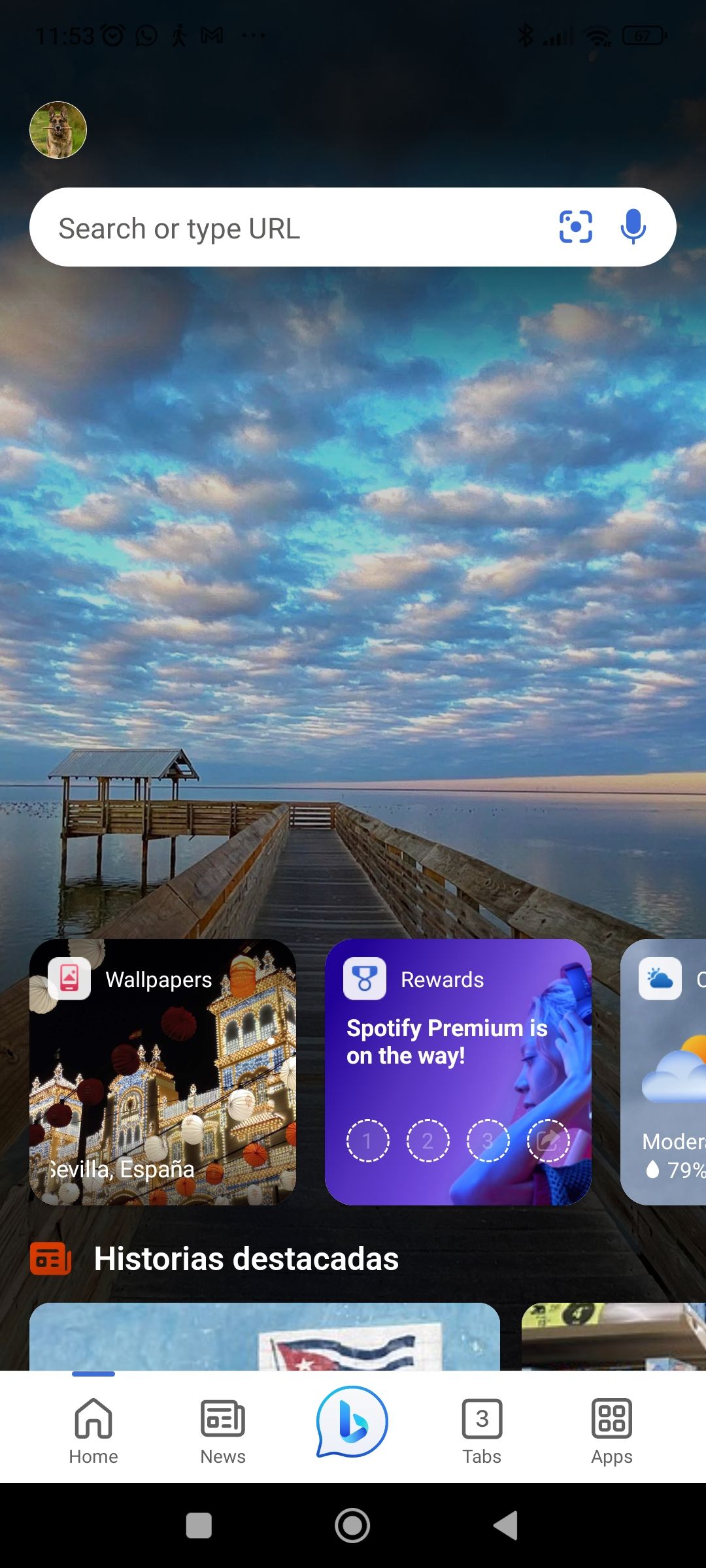
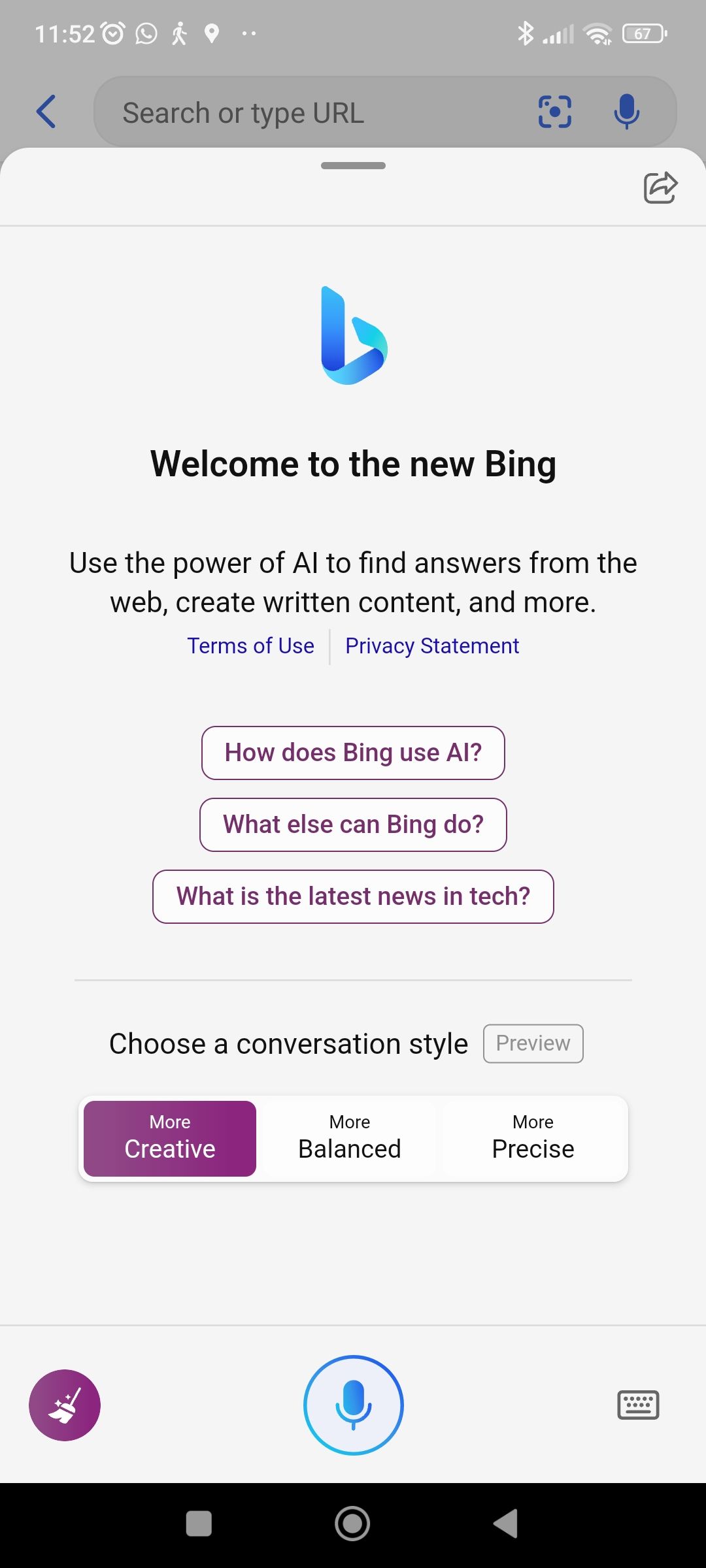
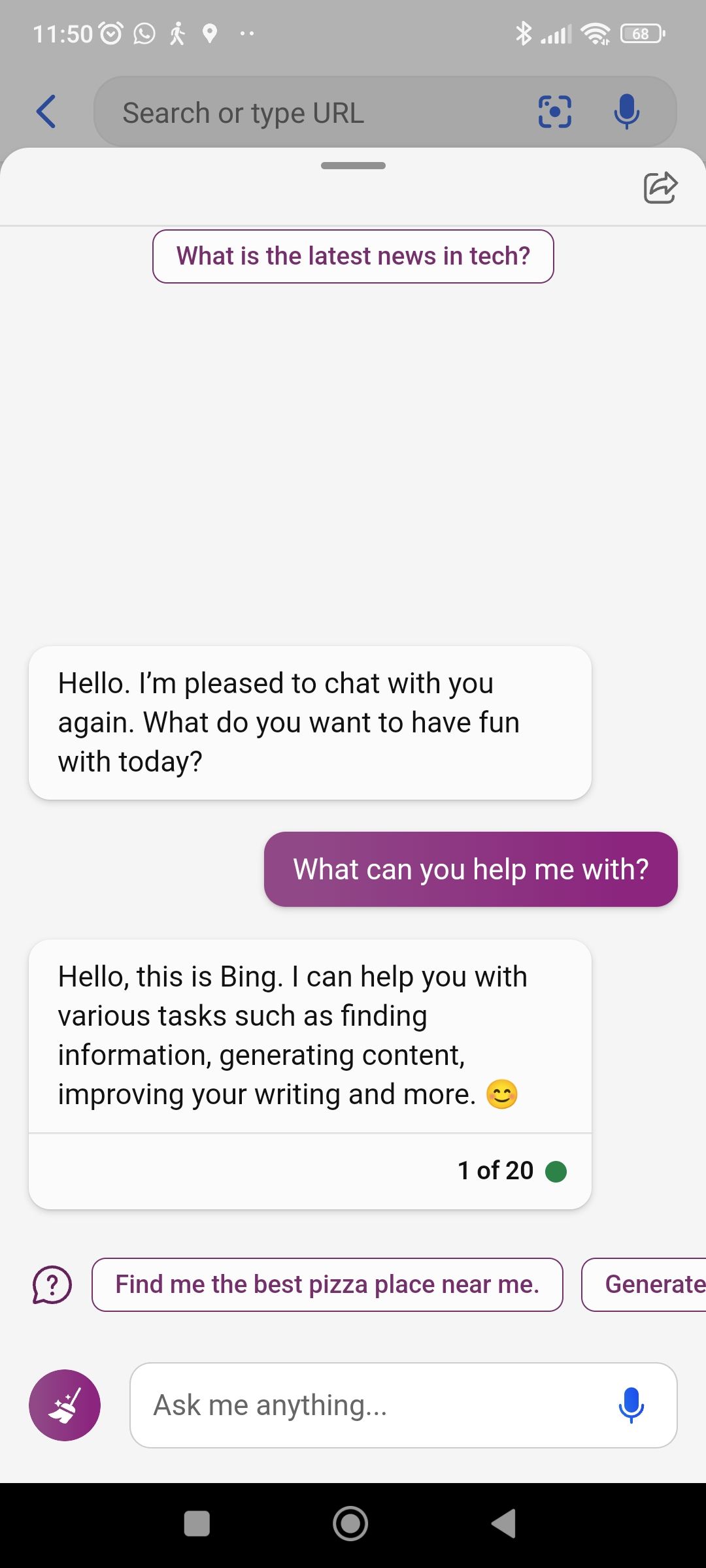
Microsoft was an early adopter of GPT-4, which it integrated into its Bing search page. A Bing app is now available for Android and iOS, bringing the power of GPT-4 to the mobile masses.
The Bing app is representative of the next generation of search engines and, in true ChatGPT style, is capable of far more than just listing relevant results.
What Can You Use the Bing AI App For?
This is an app that can be used as a personal assistant in so many different ways. Among the capabilities of Bing AI are:
- Creativity: Blog and content writing, emails, and even images can be created using the app.
- Web searches: Unlike ChatGPT, which is limited to a dated data set, the Bing AI app can incorporate current data into its search results.
- Navigation: The app includes navigation functions, including search nearby and route planning capabilities
- Shopping: Bing AI can make shopping suggestions based on your interests and search history.
This is only scratching the surface of what the app can do. It can also integrate into Skype, meaning you can "chat" with the app as if it was just one of your contacts.
In short, this app can do everything that the original ChatGPT can, but with lots more features and access to current data sources.
Download: Bing AI for Android | iOS (Free)
7. Petey
Petey is an iOS app that is similar in function to Bing Co-Pilot. It is a paid app that could be considered a supercharged version of Siri. The inclusion of GPT-4 in its latest version adds more flexibility and functions than the previous version, which was already a more able assistant than poor old Siri.
It should be noted that the standard version of the app prices starts at $4.99, but this doesn't include access to GPT-4, which can be added separately as an in-app purchase.
The most basic tier for GPT-4 is a one-off payment of $3.99 on top of the cost of the app.
What Can You Do With Petey?
It has all the usual features you'd expect from a ChatGPT-based app. However, the inclusion of GPT-4 brings the added benefit of access to real-time data, which comes into its own with its Apple Music integration. Without GPT-4, this feature can only use music released before the GPT-3.5 cut-off date (around late 2021).
Download: Petey for iOS ($3.99 Premium version required for GPT-4)
GPT-4: A New Level of Artificial Intelligence
These apps represent the tip of a huge GPT-4 iceberg. As more developers unlock the power of GPT-4, there will be many apps to follow. These will likely emulate many of the features and uses we mentioned. But what is more exciting is the companies looking to explore new and imaginative uses for a fledgling technology.
All of the examples illustrate just how fast GPT-4 is rolling out, and it won't be long until you're using an app with a GPT-4 based function.

